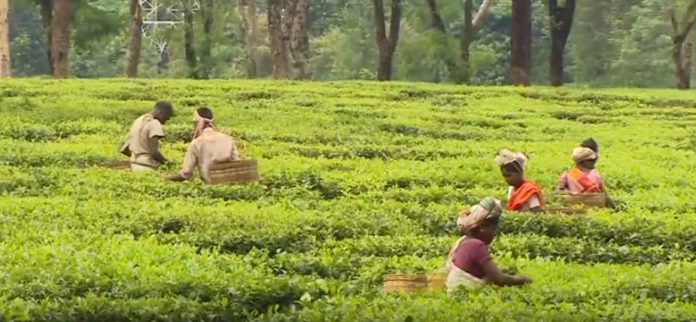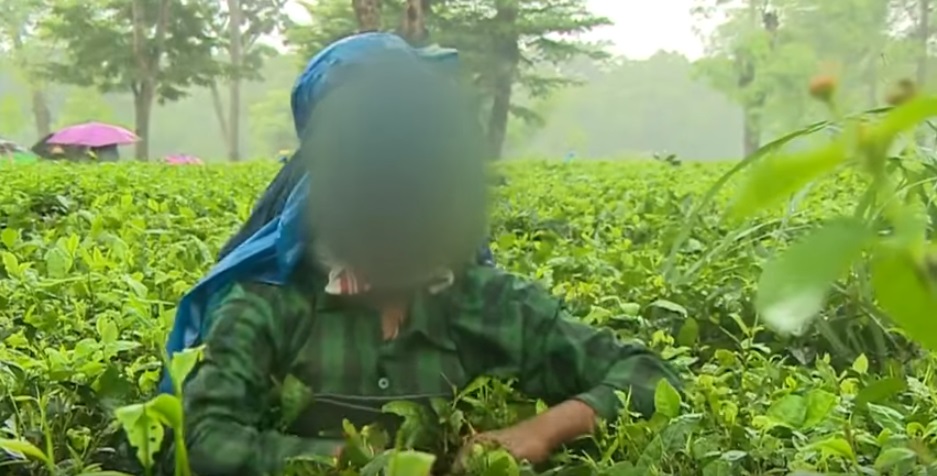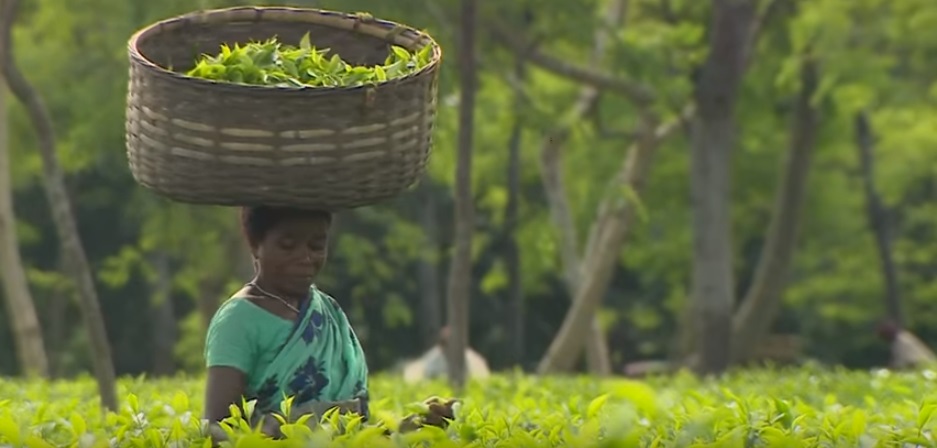
A British Broadcasting Corporation (BBC) investigation has uncovered shocking labor conditions on Assam tea estates, the suppliers of some of the world’s biggest tea brands, including Lipton, PG Tips, Tetley, and Twinings.
The investigation, conducted jointly with Radio 4’s File on Four in India’s northeastern state of Assam, uncovered the truly horrific labor and living conditions these plantation workers are forced to endure. As seen in the video released by BBC News, workers at Doomur Dullung, one of the region’s enormous plantations, living quarters at the plantations are leaking and are sorely lacking in basic hygiene and sanitation.
“These issues need to be addressed.” Sandip Ghosh, head of the Indian Tea Association’s Assam branch, told the BBC.

In addition to these shocking conditions, the team also catches footage of a child picking tea at the plantation. In response, Assam Company told BBC News that the allegations of child slavery are “baseless and false.” According to reports, it is estimated that as many as 100,000 girls are enslaved in India. Often, children as young as twelve are sold for enslavement on tea plantations.
“The owners of these international tea estates don’t care for these people. They don’t pay them minimum wages. Forget about the decent wages: they don’t even pay survival wages,” Nobel Peace Prize winner Kailash Satyarthi, founder of the child rescue organization Bachpan Bachao Andolan, told The Guardian last year. “The reality is slavery, the reality is abuse, the reality is sexual exploitation, the reality is endless slavery.”
In response to the investigation, the department store Harrods has pulled some tea products from its shelves. In addition, Rainforest Alliance, and NGO that certifies ethically produced products, has admitted that its system isn’t working as it should.

In the featured video, Justin Rowlatt, BBC News’ South Asia correspondent, shows the audience around the living quarters at the plantation and interviews a number of its workers
“Tea plantation owners in India are obliged by law to provide adequate houses and sanitary toilets for workers,” explains Rowlatt at the start of the clip. Rowlatt then takes us to one of the huts and interviews one of the women. During the interview, the woman reveals that despite her endless requests, she hasn’t had a functioning toilet in 36 years. Due to this negligence by the management of the estate, “She told us she has no choice but to go in the tea bushes,” says Rowlatt.
Unfortunately, it is later revealed that this woman’s situation is not unique. During an interview with a manager from McLeod Russel, the world’s biggest tea producer, admits that there is “a huge backlog of repairs.” He also states that there are only 464 toilets for 740 homes.
“Let me be clear,” Sandip Ghosh, head of the Assam branch of the Indian Tea Association, told BBC News, “cesspools and open defecation are not acceptable to me or the association. These issues need to be addressed.”
This Article (BBC Investigation Uncovers Shocking Labor Conditions At Assam Tea Estates) is free and open source. You have permission to republish this article under a Creative Commons license with attribution to the author and AnonHQ.com.





Thank you for making us aware of the disgusting business practices of the tea industry. Just because a company says their products are ethically sourced , it is not the case. This is slavery and not acceptable.
Wow,I am done with Tetley and lipton tea. I am throwing it in the trash ca right now.?